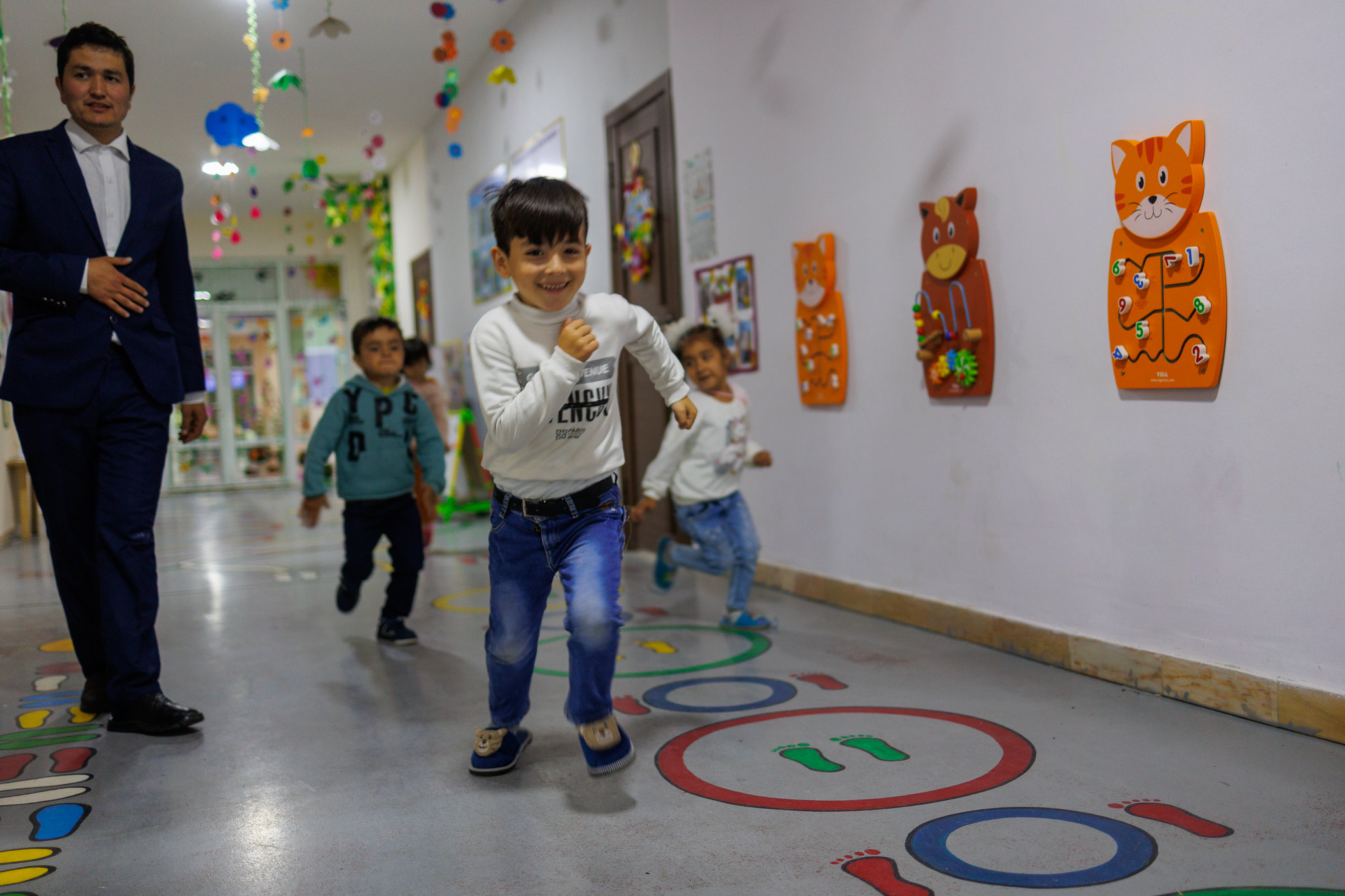
More than 90% of a child’s brain development occurs in the first five years of life. Children who experience quality early childhood care and education (ECCE) are better equipped not only for primary school but for lifelong learning and socio-emotional wellbeing. Evidence demonstrates that ECCE is also a smart investment, increasing the efficiency of the education system and strengthening economic development through increased earning power. ECCE has thus been identified as a priority for many education policymakers in partner countries of the Global Partnership for Education (GPE). As a result, the GPE Knowledge and Innovation Exchange (KIX), a joint endeavour with Canada’s International Development Research Centre (IDRC), has worked to strengthen early childhood care and education since it began in 2019. Following the announcement of the KIX extension through to 2027, KIX commissioned an independent scoping study to identify key knowledge gaps and research needs related to ECCE, to inform new KIX-supported research and knowledge exchange activities in GPE partner countries.
The scoping study provides an updated picture of both progress and ongoing challenges related to ECCE. It notes the widespread recognition of the importance of ECCE in global frameworks, and the benefits and challenges associated with a wide range of approaches used to deliver ECCE. Despite a global understanding of the critical role ECCE plays in a child’s development, approximately half of the world’s pre-primary-age children are not enrolled in ECCE centres. Challenges persist regarding equitable access to early learning and the and quality of ECCE to prepare children for primary school.
This paper recognizes gender equality and social inclusion, as well as education in emergencies, as key cross-cutting themes for ECCE. Given the profound impact of ECCE on a child’s future, it has the potential to either bridge or exacerbate inequalities. Further research is needed to understand the types of ECCE services that are required to meet the demands of diverse families, and how to scale and sustain promising ECCE models, including through increased government funding and stronger parental support for ECCE. With regards to quality, further research is needed on innovative accreditation models for ECCE, as well as qualification standards for teachers and ECCE pedagogy and assessment. Current gaps in the evidence base for inclusion in ECCE must also be addressed through future research.
For more information, read the full working paper: Early childhood care and education: GPE KIX scoping study working paper | GPEKIX
